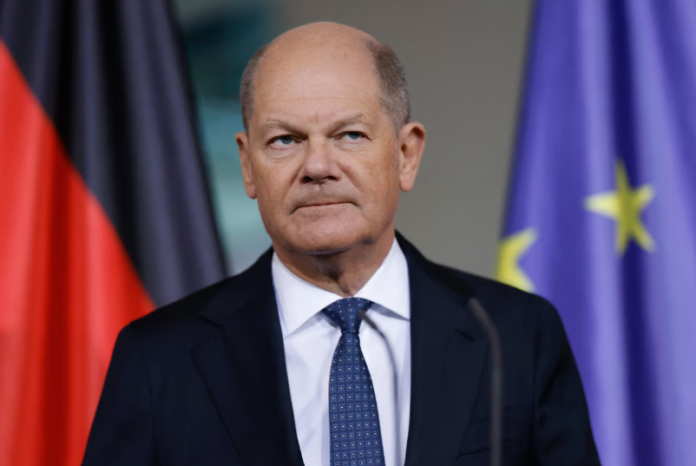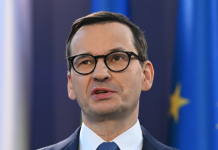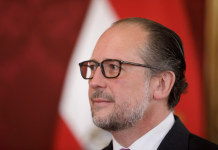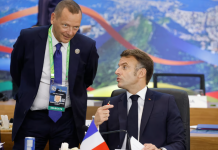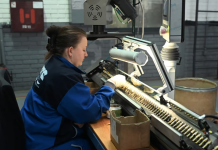German chancellor grapples with Ukraine issue as election campaign heats up.
German Chancellor Olaf Scholz blocked a proposal for an additional €3 billion aid package for weapons to Ukraine, according to a local media report.
The plan, revealed by Spiegel, was introduced by Foreign Minister Annalena Baerbock of the Greens and Defense Minister Boris Pistorius from Scholz’s Social Democratic Party. It sought to provide Ukraine with critical weapons systems, including three additional Iris-T air defense batteries, 10 howitzers and more artillery ammunition.
According to the report, the aid package was developed immediately following the collapse of the coalition government in November, with Baerbock and Pistorius aiming to secure parliamentary approval for the funding before February’s snap federal elections.
Their ministries had justified the request by citing Ukraine’s deteriorating military situation, compounded by doubts over continued U.S. support following Donald Trump’s election victory. Baerbock and Pistorius framed the proposal as a vital signal of Germany’s unwavering support.
Despite their efforts, Scholz remained opposed. The incumbent chancellor reportedly argued that existing military aid allocations — €4 billion for 2025, alongside funds from a $50 billion G7 loan financed by frozen Russian assets — are sufficient. He expressed concern over committing the incoming government to major financial obligations after the election.
POLITICO has contacted a chancellery spokesperson for comment on the story.
Political considerations also loom large. The SPD leader is said to fear alienating voters with additional arms deliveries amid a contentious election campaign season. By contrast, the Greens have sought to leverage their support for increased defense spending as an electoral asset.
Despite the blockade, Pistorius reaffirmed Germany’s broader commitments during the Ukraine Defense Contact Group meeting at the U.S. Air Base in Ramstein on Thursday. He announced that Germany will supply around 50 guided missiles for IRIS-T air defense systems, originally intended for the Bundeswehr but redirected to Ukraine directly from production.
“We will supply Ukraine first before replenishing our own stocks,” Pistorius said, assuring that Ukraine could still rely on Germany, regardless of the outcome of the upcoming election.

